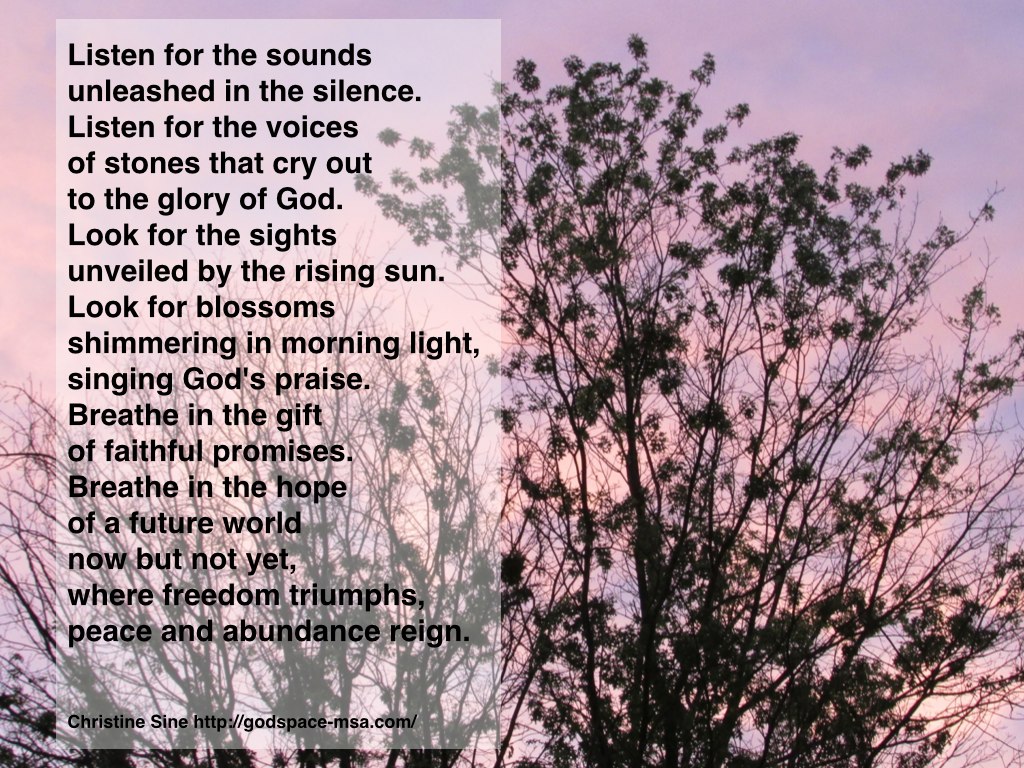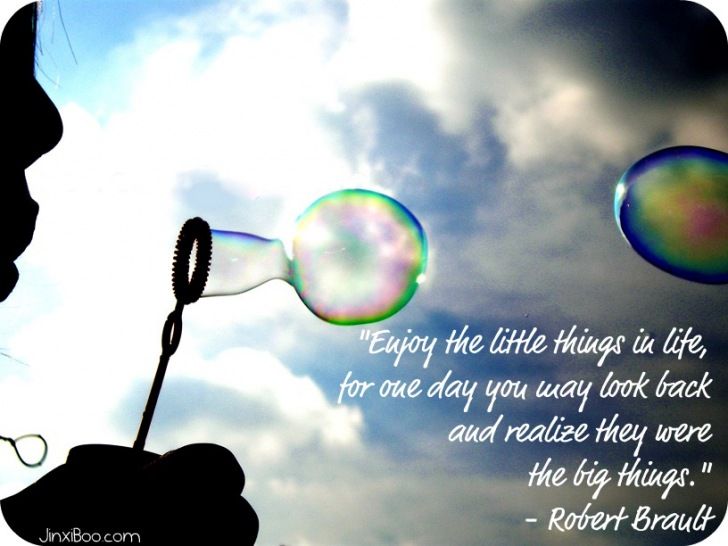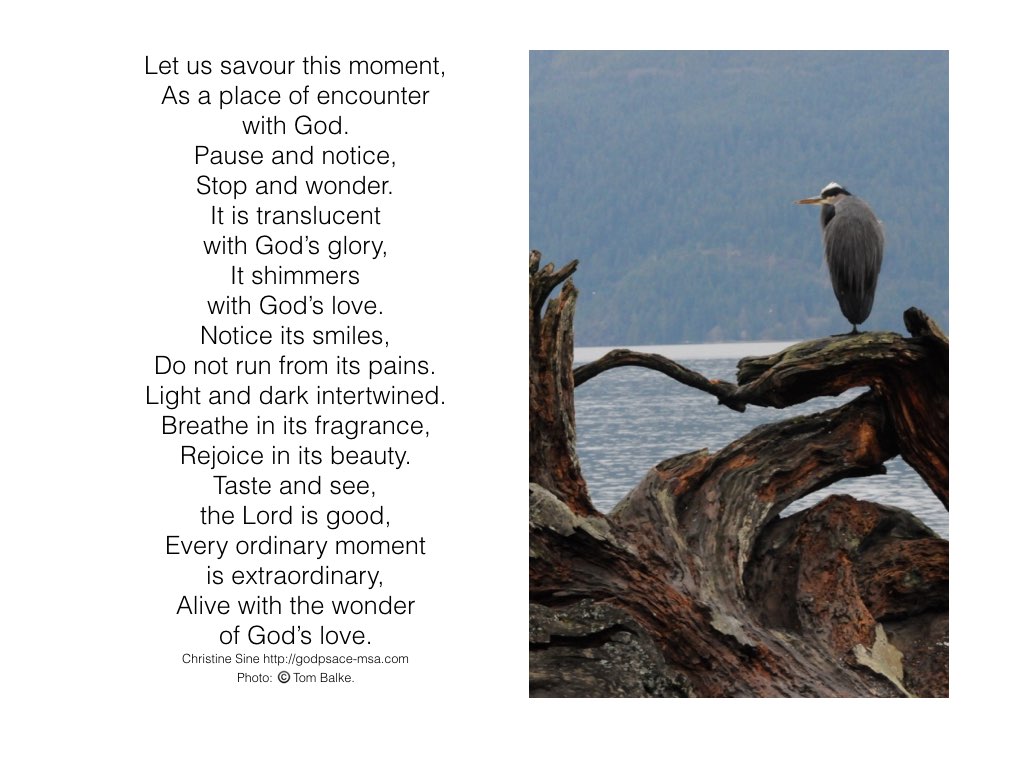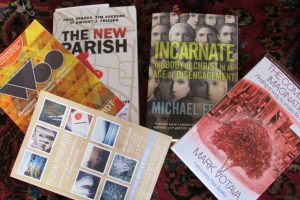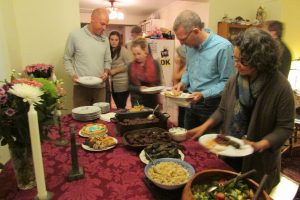Each day I post prayers on the Facebook page Light for the Journey and like to take the most popular of these, add photos and post them on the blog. This has become a very enriching spiritual exercise for me which combines my love of prayer with my love of photography. Here is this week’s most popular prayer. Enjoy!
Creativity is the mode these days and how to become creative is probably one of the most talked about topics in secular business. 18 Things Highly Creative People Do Every Day provides a great list of things to ponder as we seek to get our creative juices flowing. It has been shared hundreds of thousands of times across the internet. Others offer four, six, and even thirty nine keys to creativity. Yet when it comes to our faith we hesitate, not wanting to step out of our comfort zones in theology or practice.
It is my contention that creativity is as important in our faith as in in our business. If we use the same practices now that we did 20 years ago without any changes then our faith has probably stagnated. If we believe exactly as we did 20 years ago we are not creatively nurturing our faith and drawing closer to our loving God. Last year in my post Spiritual Rhythms That Create Resilience, I talked about our need for transformative practices that restore resilience and creativity to our faith. In Enhance Your Spiritual Resilience – Five Practices That Make A Difference, I talked about spiritual and life practices that can help.
1. Maintaining regular spiritual practices
2. Maintaining regular exercise
3. Gratitude
4. Spiritual retreats
5. Discerning as a group
However I realize that this list is nowhere near complete (maybe we do need 39 practices for creativity) and I need to keep creatively building on these principles and I want to keep doing that because I believe that building creativity into our faith is essential for spiritual growth. So here are an additional five practices to consider:
1. Have some fun. There is more and more evidence emerging that suggests laughter, playing and having fun enhance our creativity and our resilience to the stresses of life.
2. Learn from your “failures” The term that is increasingly being used is “fail up”. In other words let your seeming failures push you closer to God not away. Remember from the world’s perspective Jesus went from being the world’s most successful faith healer to a criminal in one quick week. From success to failure in an easy step.
3. Give yourself permission to think outside the box – theologically and practically. My faith started to grow in leaps and bounds when I worked in the refugee camps in Thailand in the mid 80s and started to realize that my understanding of Christianity was limited and narrow. Admitting my doubts, and searching for new insights was revolutionary. Expanding my theological boundaries nurtured and strengthened my soul and my spirit.
4. Open yourself to learning from “the other”. We have so much to learn from those who look, think and practice faith differently from us. If we only listen to those who look like us and think like us then our faith will never grow.
5. Never say never. Creative people believe everything is possible and in the realm of faith that means believing that one day the kingdom of God which we now catch glimpses of will come in its fullness. That belief keeps me looking for new ways to reach out and see God’s world changed.
How will you express your faith creativity today? Perhaps watching this interview can help.
Our good friends Geoff and Sherry Maddock have just been featured in this article in the local Lexington Chevy Chaser magazine.
The Maddocks’ decision to add “urban farmers” and “micro-enterprise developers” to their resumés stemmed, in part, from Wendell Berry’s teachings about forming deep roots and forging lasting bonds of affection in one’s community. Guided by their chosen principles of generosity and hospitality, the couple already regularly hosted neighbors at their table for dinner or cups of tea; they also spent their energy helping find health care for the ill and injured and helping refugees solve seemingly impossible problems. Showing their neighbors how to grow their own food and make income from food production seemed a useful next step. Read the entire article
We are so proud of the work they do. They were also interviewed by Paul Sparks last year for the Parish Collective. These interviews are well worth listening to.
An Ecological Vision with Sherry Maddock from Parish Collective on Vimeo.
Space Creation: Breaking New Ground in the Commons with Sherry and Geoff Maddock from Parish Collective on Vimeo.
I came across this photo yesterday. It caught my imagination and my attention. then this morning read these quotes from Frederick Buechner
Listen to your life. See it for the fathomless mystery that it is. In the boredom and pain of it no less than in the excitement and gladness: touch, taste, smell your way to the holy and hidden heart of it because in the last analysis all moments are key moments, and life itself is grace. (From his memoir Now and Then)
And from Telling Secrets
I have come to believe more and more that God also speaks through the fathomless quiet of the holy place within us all which is beyond the power of anything that happens to us to touch although many things that happen to us block our access to it, make us forget even that it exists. I believe that this quiet and holy place in us is God’s place and what it is what marks us as God’s. Even when we have no idea of seeking it, I think various things can make us fleetingly aware of its presence – a work of art, beauty, sometimes sorrow or joy, sometimes just the quality of a moment that apparently has nothing special about it at all like the sound of water over stones in a stream or sitting alone with your feet up at the end of a hard day.”
As I reflect on these thoughts this morning I know God is saying to me –
Slow down. Savour each moment. Stop and notice my presence within it. See me in the smile of a child, taste me in your first sip of morning tea, hear me in the bees buzzing in the garden, feel me in the soft fur of your dog, smell me fragrance of lilacs. Delight in who I am, not just in the big and seemingly important parts of your day but in the ordinary, easily discarded moments of encounter.
My contemplation led to the writing of this prayer
How does God want you to listen today? What are the moments, the encounters, the sights and sounds that usually pass you by without acknowledgement that God wants you to pay attention to?
By now you are probably sick and tired of me harping about how much I enjoyed the Inhabit Conference. However as the speakers’ words continue to revolve in my mind I can’t help but continue to talk about it.
Part of what I enjoy is the opportunity to come home with a bag of books from an event that I know will continue to enrich my life over the weeks to come. I tink that some of these would enrich your journey too.
The New Parish by Paul Sparks, Tim Soerens and Dwight Friesen is the book that has gripped all of our attentions. Tom and I are strong advocates for the work that these wonderful people co-ordinate through the Parish Collective and I am looking forward to spending more time reading this wonderful resource. They are not just advocates but practitioners, intimately involved in their communities and the transformation of their neighbourhoods.
Incarnate: The Body of Christ in an Age of Disengagement by Michael Frost is another powerful book well worth reading. I am challenged by Mike’s articulate and persuasive discussion of how our modern world excarnates or disengages our faith from everyday life. His call to incarnation is new and fresh and wonderfully contextualized for the world in which we live.
The Communal Imagination: Finding a way to share life together by Mark Votava is another excellent book well worth the read. In it Mark challenges us to move beyond individualism to community, a call to place and proximity that we can never hear enough of in today’s world.
Woo: Awakening Teenagers’ Desire to Follow in the Way of Jesus by Morgan Schmidt. I don’t usually comment on youth ministry books, but in this book Morgan impresses me with her down to earth approach and her realistic expectations of young people while at the same time challenging them to follow Jesus not just with words but with actions.
Pilgrim Principles: Journeying with intention in everyday life by Lacy Clarke Ellman. This is a very practical and inspiring book that encourages all of us to live as pilgrims opening our eyes and ears to the spirituality of ordinary everyday experiences that can be transformed into sacred moments. This is a delightful book that I am finding rich and inspiring.
Tom and I have had a house full of people staying with us this week for the Inhabit Conference. We have had to leave the house early so I wanted to make sure that I has something nutritious for all of us to eat before we got on the road. Here is the recipe I came up with. It is adapted from this recipe. I plan to make another batch to keep in the freezer so that when we travel I can pull a couple out. By the time we get on the plane they are defrosted. Quinoa has the highest protein content of any grain and I found that these muffins kept me satisfied far longer than my previous standby zucchini granola muffins.
I also plan to try making these with the Namaste gluten free flour mix I bought recently as well so that I have a version to offer my gluten free friends. Will let you know how they turn out too and hope that you enjoy them as much as I have.
Quinoa muffins
Ingredients
1 cup dry quinoa, use 2/3 cup yellow and 1/3 cup red quinoa if possible
2 cups water
2 cups whole grain or wheat flour
3 teaspoons baking powder
1/2 cup dried apricots,Chopped
1/2 cup dried apples, chopped
1 cup whole milk
1/4 cup crystallized ginger, chopped finely
1/4 cup granulated sugar
1/4 cup golden syrup or molasses
1/4 cup butter or canola oil
1/2 cup pecans or walnuts, finely chopped
Method
1. Preheat oven to 350 degrees F.
2. In a large saucepan, bring the water to a boil. Add the quinoa and bring the mixture back to a boil; reduce heat to a simmer. Cover and cook for 10 minutes. Do not remove the lid but let stand for 20-30 minute until the liquid is absorbed and the quinoa is tender (you will see the rings separate from the grains). Remove from heat and set aside to cool. You will have approximately 2 cups cooked quinoa.
NOTE: Be careful not to overcook the quinoa or to use more than the required amount of water. The grains of quinoa should be tender but separate, rather than mushy and clumped together. I cook up several cups at one time, divide into 2 cup portions, and freeze until ready to make muffins.
3. In a large bowl, combine 2 cups cooled quinoa, flour, baking powder, and sugar. Add the butter, pecans, ginger, milk, golden syrup or molasses, and dried fruit. Stir to combine.
4. Fill the prepared muffin cups to their tops and bake approximately 30 or 40 minutes, until muffing tops are golden brown and just firm and until a toothpick inserted into the center of a muffin comes out clean.
Muffin liners do not work well with this recipe.
This is the last of the series I am posting on Everyday Spirituality. The previous posts are Being Attentive… to Ourselves, Being Attentive… to Others; and Being Attentive to God’s World.
Becoming fully attentive to ourselves, to others and to God’s world transforms us and our ways of looking at God and God’s world. And transformation means change, not just to ourselves but to the practices that shape our faith and our lives. As I learned to listen and became more attentive to myself and to others I realized that the spiritual practices I engaged in needed to change. I found myself craving for new expressions of faith that rooted my in my faith and the community of which I am a part.
Some of this creativity has impacted my individual practices like the Advent garden I described at the beginning of Advent last year. But it has also transformed my way of interacting with others. For Tom and I hospitality is a central value of the kingdom of God, not just a way to sit down and share meals with friends and strangers, but literally a doorway into the eternal world of God.
One of my favourite stories in the Bible is of Jesus’ encounter with his disciples beside the sea of Galilee after his resurrection. It is hard to imagine that in the few days Jesus has to let the world know about his resurrection that he could possible take time not just to eat with his friends but to actually make breakfast for them. It is a beautiful story that reminds me of the centrality of hospitality and of table fellowship, a powerful spiritual practice that few of us recognize as such.
There are other Biblical stories that can be transformed into spiritual practices for our society today too. When I was on the mercy ship Anastasis, we regularly held Highways and Byways banquets where crew members went out and invited whoever they met to come to the ship for dinner. It was a little scary because you never knew who would come – prostitutes, transvestites, homeless people, shipyard workers, business men and women all rubbed shoulders together at these celebrations. It was an intense spiritual practices that had a huge impact on me and on many others.
Creative spiritual practices can root us in our neighbourhoods in wonderful ways. Buying coffee at the same cafe each day is a wonderful example. It can support local businesses and help them to flourish, introduce us to other people in our neighbourhoods and possibly establish new friendships that can root us even more deeply into the community.
If we reimagine our spiritual practices as practices that make us more attentive to ourselves, to others and to God’s world what differences would it make to how we practice our faith? A couple of years ago one of our summer interns walked the seven miles into Seattle from our house looking for and photographing emerging glimpses of God’s kingdom. It is a spiritual practice I would love to carry out too and then follow it up with some brainstorming on how to grow those sprouting kingdom plants.
Each of us has unique ways of expressing our spirituality. As Paul Sparks said in his presentation at the Inhabit Conference this morning, we need to learn to see with new eyes and recognize the gifts God has planted in the most unexpected places. We need to stir our imaginations and create new possibilities that anchor us in the foundations of our faith and yet give freedom to the unique expressions God has placed within us. What could they look like for you?
As an Amazon Associate, I receive a small amount for purchases made through appropriate links.
Thank you for supporting Godspace in this way.
When referencing or quoting Godspace Light, please be sure to include the Author (Christine Sine unless otherwise noted), the Title of the article or resource, the Source link where appropriate, and ©Godspacelight.com. Thank you!

